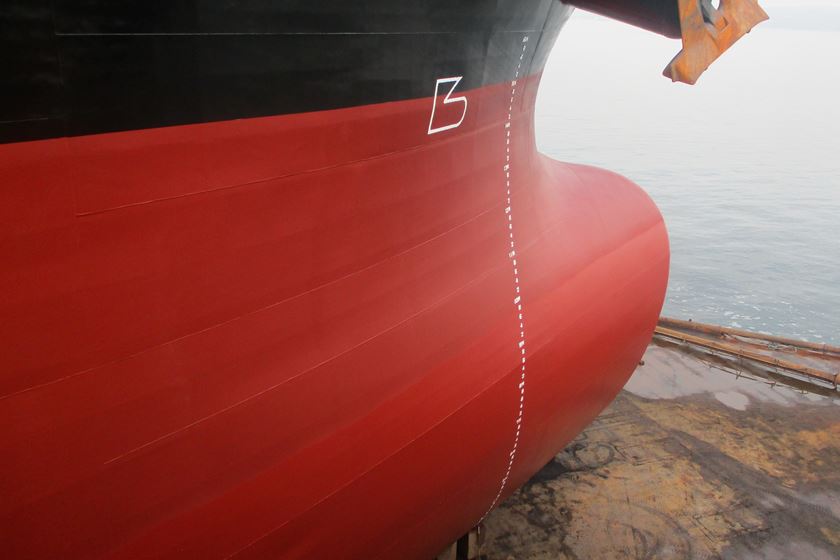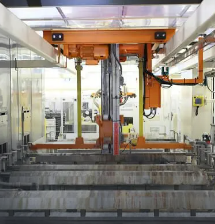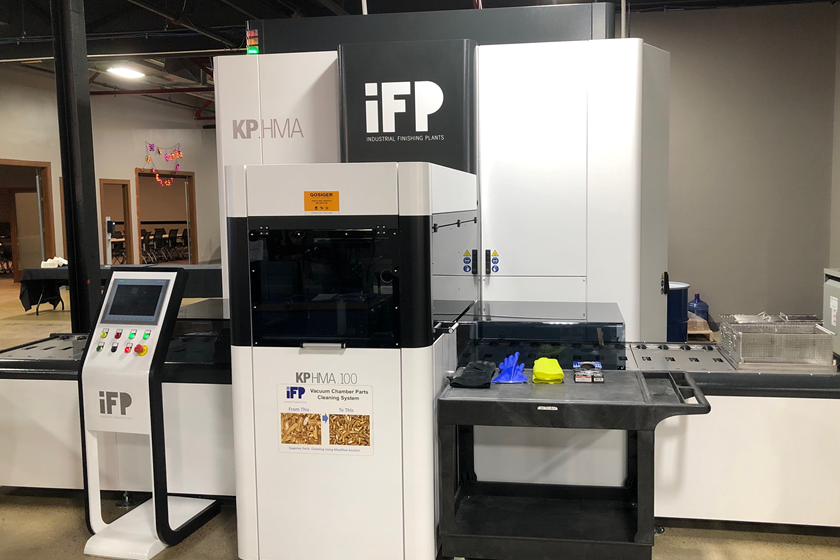Powder on Tri-Chrome Treatment
We have been coating aluminum alloys for some time with inconsistent field performance of the coating. Following your advice,we are now having a tri-chrome pretreatment process being done at a local vendor on all of our aluminum castings. So far our performance is excellent, but we are seeing failures in testing on a new product in A413 alloy. Our casting vendor tells us A380 would be much more suitable. Do you see any issues in powder coating this alloy now that we are doing the tri-chrome pretreatment process?
Q. We have been coating aluminum alloys for some time with inconsistent results as far as field performance of the coating. We had some corrosion and adhesion failure when our product was used in a harsh environment. Following your advice in an earlier inquiry, we are now having a tri-chrome pretreatment process being done at a local vendor on all of our aluminum castings. We considered bringing this process into our own shop, but it ended up not being feasible for us to do in-house. So far our performance is excellent.
My question is about one casting we have in particular on a new product. The current alloy is A413. This is a structural part, and we have seen failures in testing. Our casting vendor tells us A380 would be much more suitable as its strength properties are better. I also know that the copper content is much higher in the alloy. Do you see any issues in powder coating this alloy now that we are doing the tri-chrome pretreatment process? T.S.
A. Copper content in an aluminum alloy does influence performance, but it does not tell the whole story. With a single powder layer and standard cleaning method (clean, iron phosphate with fluoride) the 380 will not have as good corrosion resistance as the 413. With chrome it will be very close to the same. If you want more confidence you could prime the surface and then topcoat. That will perform very well.
RELATED CONTENT
-
Anodizing Vs. Powder Coat
I am an engineer on a large yacht build project and urgently need information and advice on choosing a finish for the aluminum deck plates in the engine room.
-
Curing Oven Basics
Simply heating up the substrate does not cure the coating. There are many variables to consider when choosing the best cure oven for your application...
-
Powder Coat MDF for an Enviable Finished Product
Cabinet maker says powder coating on wood offers more benefits.
















